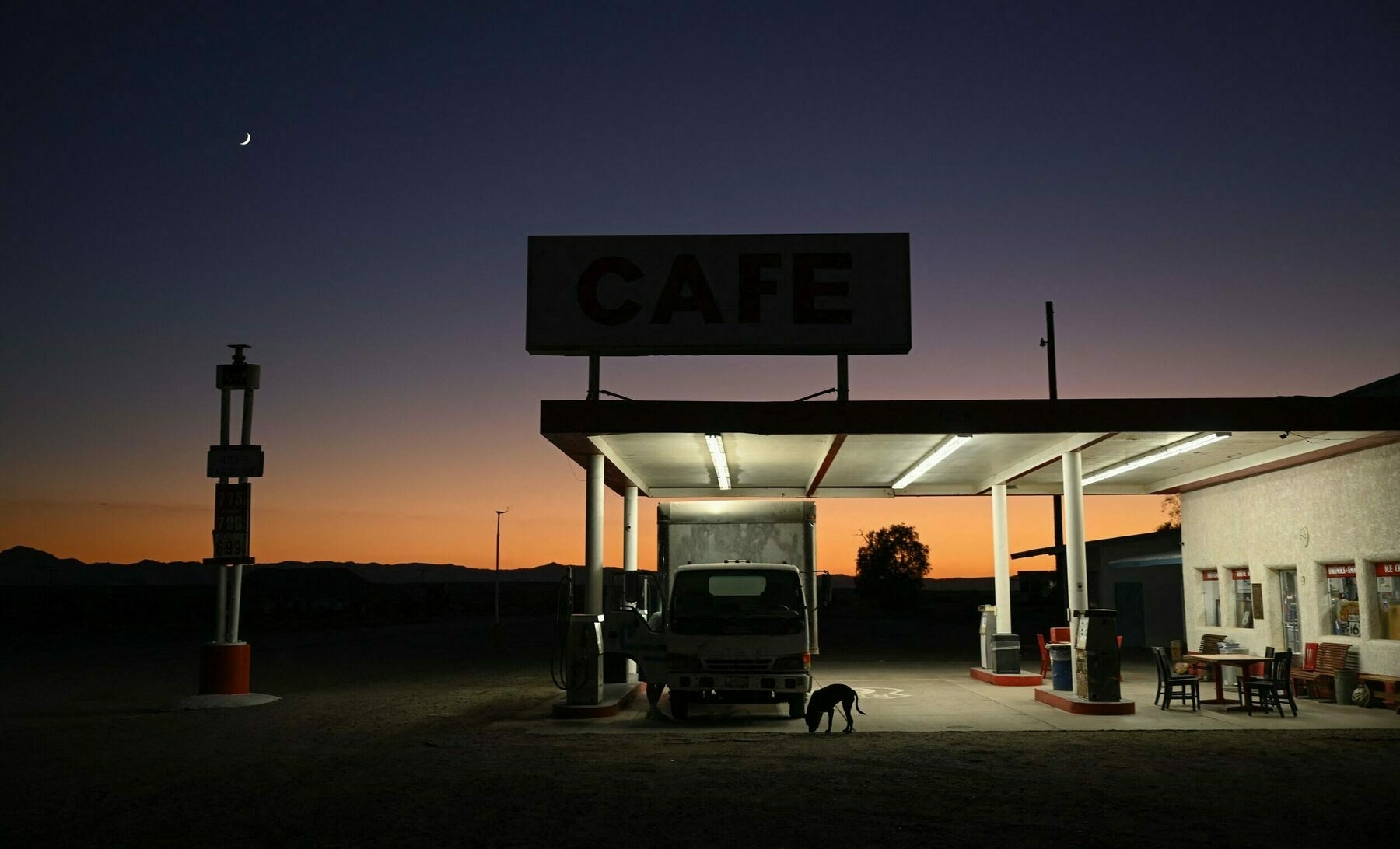Non-places
I’m a big fan of Guy Debord’s work but have never read that of Marc Augé, who came up with the concept of ‘non-places’. These are spaces like airports and hotels where human interaction is largely transactional, leading to a form of psychic isolation.
This article outlines Augé argument that to counteract the dehumanising effects of these non-places, individuals should engage in active observation, storytelling, and even talking to strangers. In this way we essentially become ‘supermodern flaneurs’, restoring a social element to these otherwise isolating spaces.

Augé was keen to explain how the transformations of the contemporary world had made anthropology more complicated. “We are in an era characterized by changes of scale,” he wrote. “Images of all sorts, relayed by satellites and caught by the aerials that bristle on the roofs of our remotest hamlets, can give us an instant, sometimes simultaneous vision of an event taking place on the other side of the planet.” So far, so postmodern; what Augé called the “acceleration” of events is an idea that crops up repeatedly in political theory. The specifically supermodern condition that he identifies is the dominance of non-places.Source: Non-places are robbing us of life | UnHerdWe live in “a world where people are born in the clinic and die in hospital, where transit points and temporary abodes are proliferating under luxurious or inhuman conditions” — from “hotel chains and squats, holiday clubs and refugee camps”. In non-places, exchange between human beings is transactional: you buy a sandwich, or a massage, or a train ticket. Speech is replaced by text; signs direct behaviour, instead of people, giving instructions and advertising products. We are, therefore, isolated, in “a solitude made all the more baffling by the fact that it echoes millions of others”.